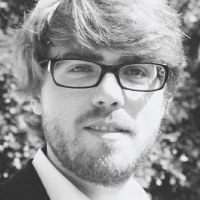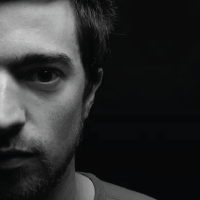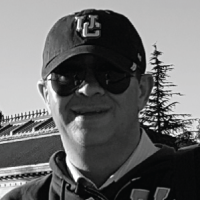Type Rider: game documentary on the history of type - Charles Ayats, interface design
Although moving images play an increasingly important role in web documentaries, the format itself is still trapped inside fixed areas of scrollable text pages. Video contents reside in closed, self-contained environments with only little bonds to other web contents. In order to create true web-native documentaries, we need to break up the format, allow for its dynamic reconfiguration and connect it on all ends with the rest of the web. We need to look at film as genre-independent, non-linear information architecture, with time as the main controlling instance and spatiotemporal links as the primary navigation. Developing a better understanding of the technological environment is hereby a key requirement for producers, filmmakers and storytellers.
Different degrees of interactivity are now possible and are changing the way documentary storytelling relates to reality.
We will examine game mechanics of interactive experiences and try to find the essence of an immersive, interactive-in-a-playful-way webdocumentary experience.
Technological evolution brought several transformations to the way we communicate and tell stories. The challenges, in this context, for the production of narratives are several, being one of them the way in which we can fulfill the expectations of audiences in a fragmented environment of experience.
Are media companies prepared to answer the landscape of technological transformations and audience changing behaviors?
What type of new narrative formats are starting to accommodate audience expectati
Read more...

Joscha Jaeger is a creative technologist and researcher, working for many years in the field of web-based film and video search engines. He has a strong focus on film as information architecture and believes in the power of open source concepts for moving images. Joscha has been co-organizing the “Workshop on Interactive Content Consumption” (WSICC) at the ACM International Conference on Interactive Experiences for Television and Online Video for three years, has served as a mentor at the “Popathon” HackJams for web-native storytelling and is continuously developing the “FrameTrail” Open Hypervideo Environment.

Charles Ayats obtained a Master’s degree in Interactive Digital Experience from the École de l’image Les Gobelins in Paris. As an interactive designer of interactive documentaries, he creates participatory experiences, often enriched with game mechanics to facilitate transmission of knowledge, for example Type:Rider (2013) on the history of typography.
Always on the lookout for new formats to tell his stories, he is particularly interested in virtual reality, as SENS VR (2016), an adaptation of a french absurd comic book.

Rafael Antunes is a PhD student in the Communication Science Doctoral Programme at Universidade Lusófona de Humanidades e Tecnologias. Recently he was enrolled in the Video 360ºVR Narrative course from the Graduate School of Journalism at UC Berkeley and also in the course on “Elements of Journalism” by Universidade Lusófona. He was invited to participate in the project CIAKL, european course for entrepreneurship for creative industries, an initiative from severa
Read more...